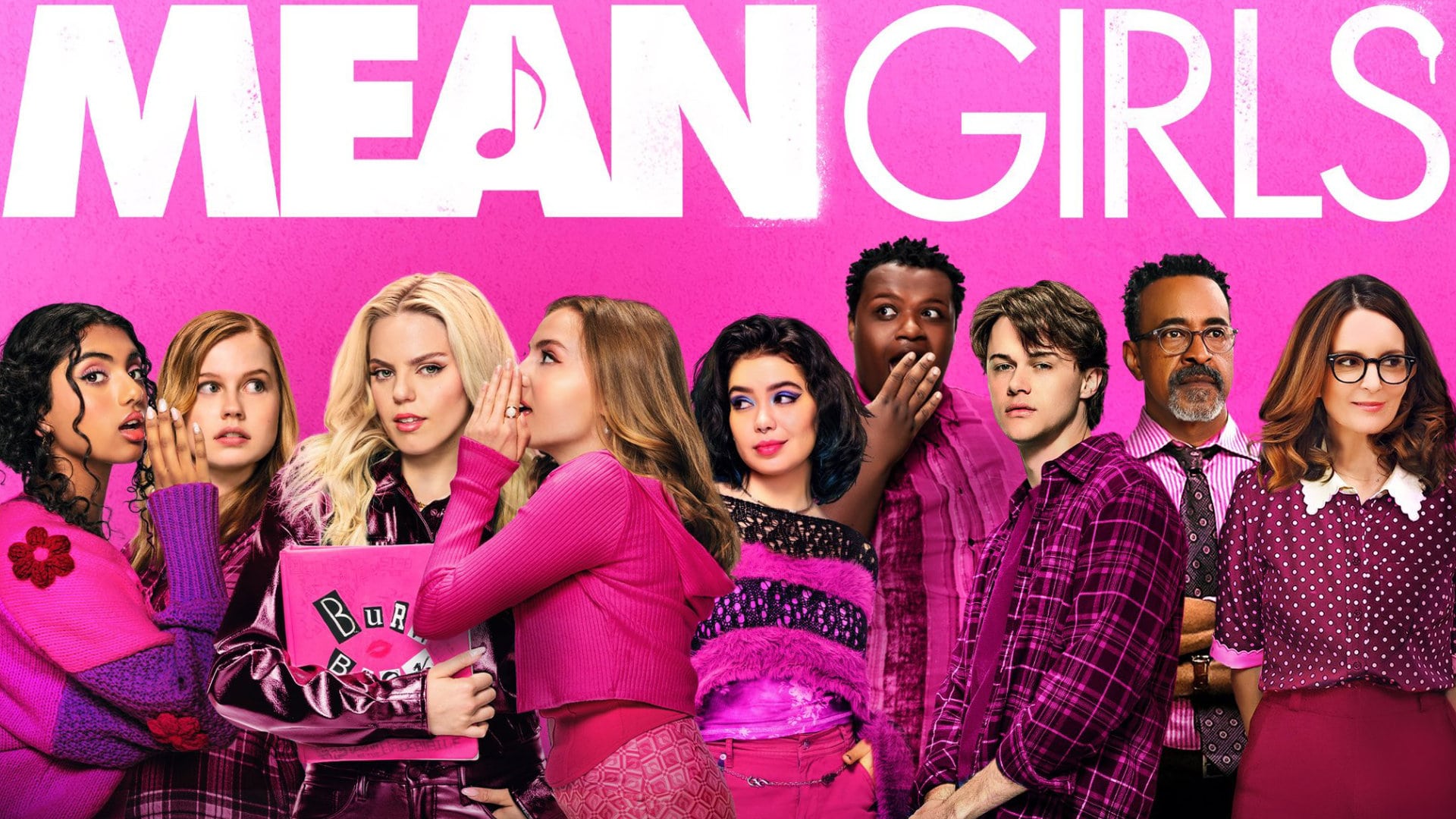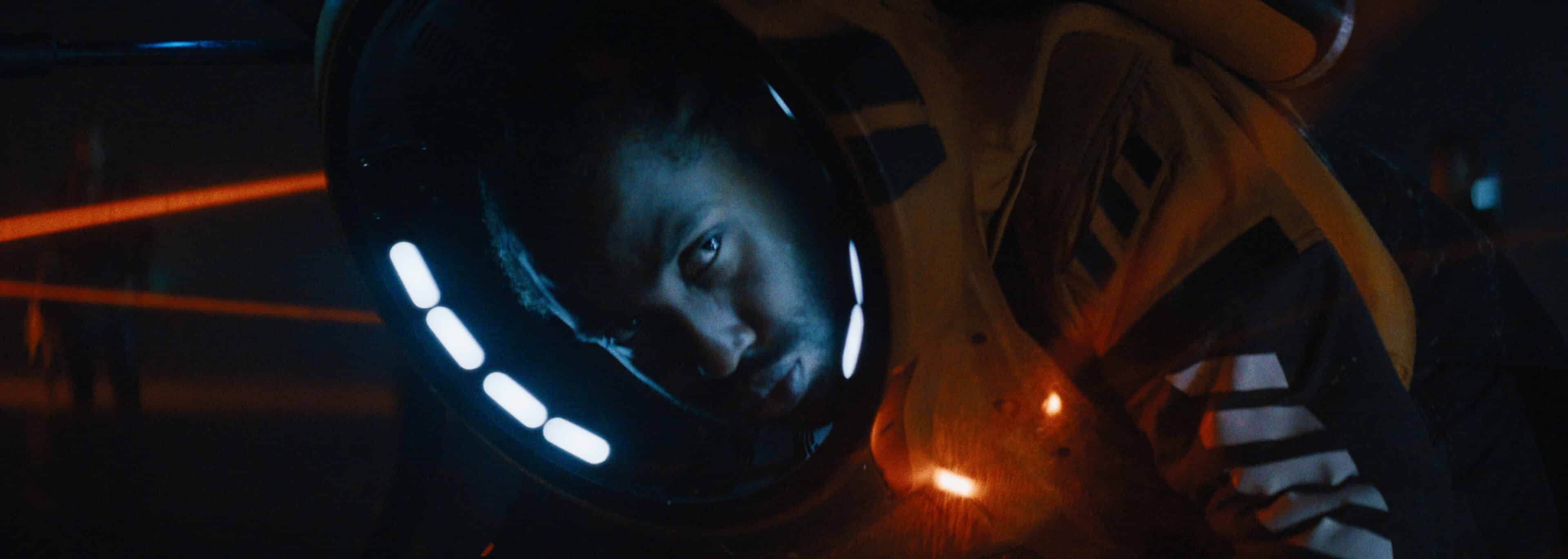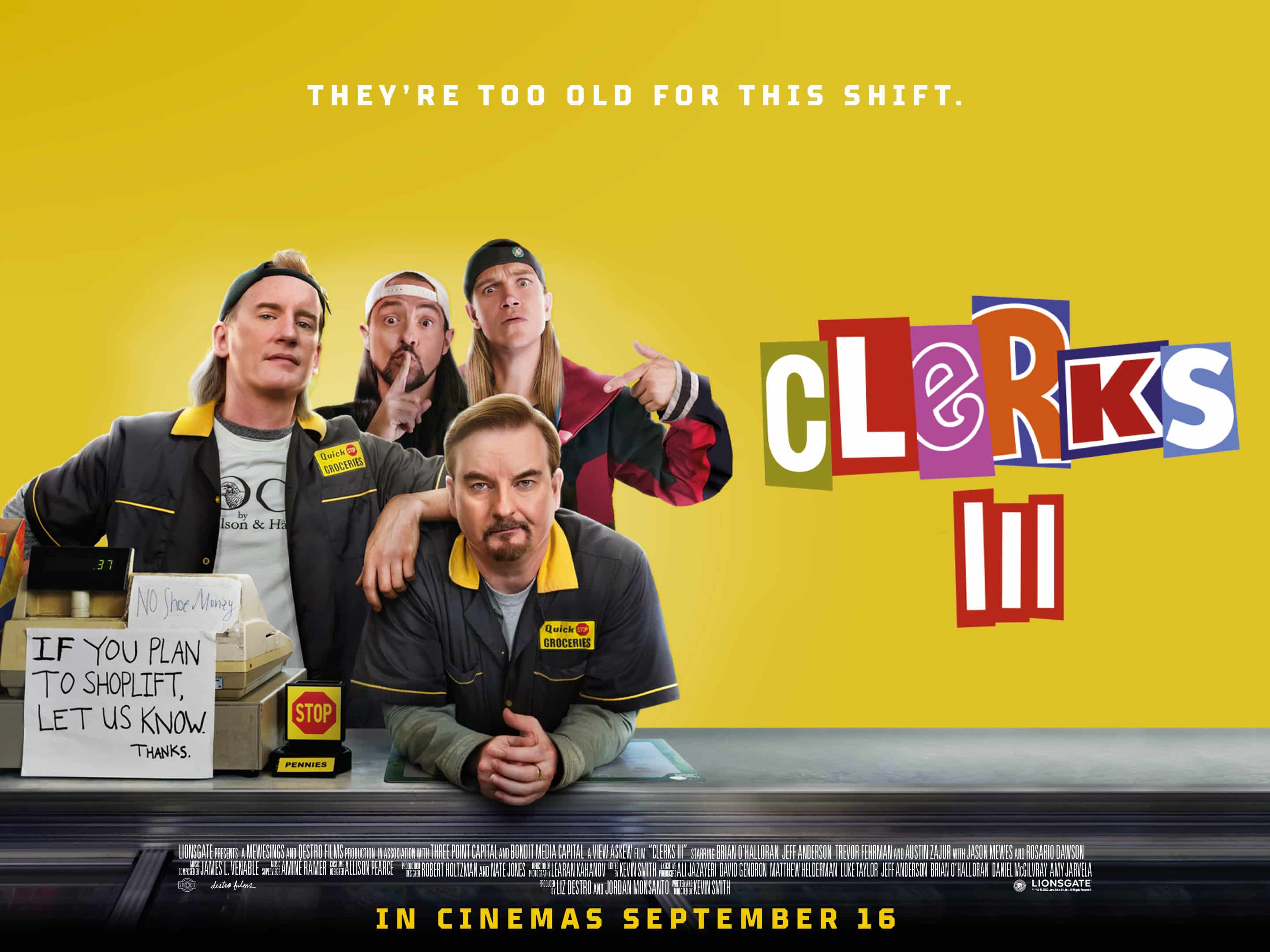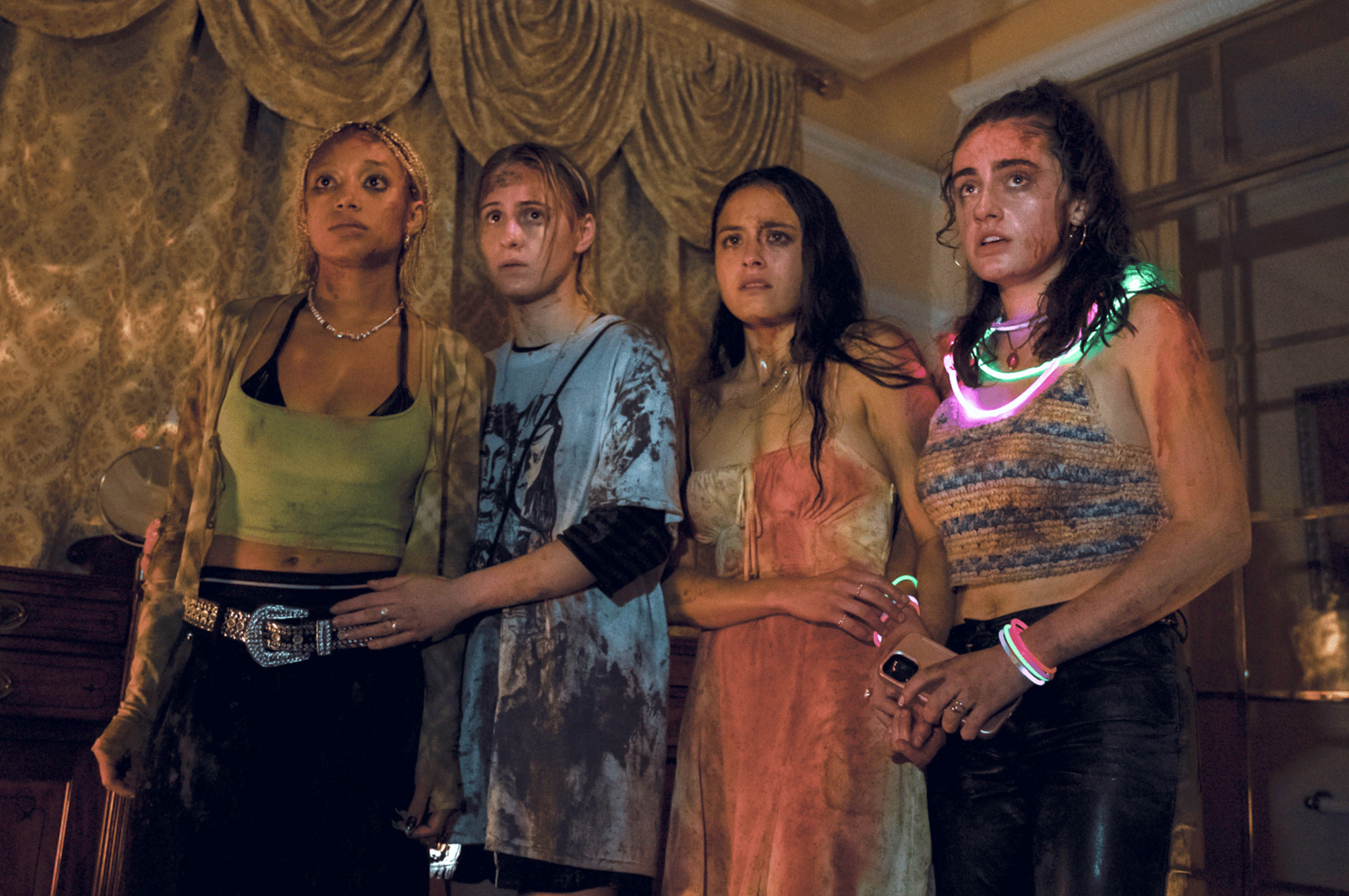From Aliens, to pre-historic pyramids, post-apocalyptic wastelands and swashbuckling saviours…few men in Hollywood have conquered as many different variations of the action genre. Paul W.S Anderson however, has managed to bring his unique style and visual flare to each of these vastly different sequels, crossovers, and video game adaptations. Although some may occasionally question the energetic film maker’s curious directorial choices, few can argue with the huge box office returns his productions receive.
Interestingly, Anderson is also responsible for the only two video game adaptations to spawn successful film franchises, with upcoming instalments currently in the pipeline. With that in mind however, it’s probably a good thing that the fantastic director skilfully sets himself apart from other A-list directors, with his secondary occupation as the husband of Milla Jovovich arguably earning him just as much attention.
Thankfully, Anderson managed to find time in his busy schedule of Zombie shooting, gladiator fighting and fatherhood, to sit down and have a wonderful telephone conversation with THN, all the way from Los Angeles. To celebrate the home entertainment release of Anderson’s latest film POMPEII, we have an exclusive interview with the action auteur where we discuss everything from THE THREE MUSKETEERS to the upcoming RESIDENT EVIL: THE FINAL CHAPTER. Check it out below:
It’s such a pleasure to be speaking to you, I’m a huge fan of your work!
Paul W.S. Anderson: Thank you!
THN: You have explored quite a few different genres throughout your career, with most of them incorporating elements of the Science Fiction genre. What was it that inspired you to try something different and make this huge, epic, historical disaster movie with POMPEII?
Paul W.S. Anderson: Well, a couple of things really. One is because I grew up in Newcastle (in the North of England), and Roman culture was a big part of growing up for me because we lived very close to Hadrian’s Wall. So, because it was free to visit, every school trip seemed to involve a trip to Hadrian’s Wall or to a recreation of a Roman villa. So I really grew up with a lot of Roman history, and also Pompeii was taught in school, so it’s something that I have been fascinated with since childhood. This made it very much a passion project for me, and I was actually developing the film for five years before we shot it.
One of the things that I also liked about it was… [Pauses] I mean you’re right, I have done a lot of Science Fiction in my career, but actually the challenges of mounting a Science Fiction movie and a historical movie are surprisingly similar! In most of the movies I have made, I have had to create a world…such as the spaceship in EVENT HORIZON, the underground Pyramid in ALIEN VS. PREDATOR, or the post-apocalyptic environments seen in the RESIDENT EVIL films. That’s very much like a historical movie where you have to create everything, because you can’t just go out and shoot on the streets [laughs]. So, in a way the methodology of making a period movie is almost exactly the same as making a Science Fiction movie.
I felt like I wanted to make a movie like this, and also I felt like I had a very appropriate skill set, especially because POMPEII is as much a disaster movie as a historical movie.
THN: Absolutely! It’s a brilliant film by the way, congratulations!
Paul W.S. Anderson: Thank you, I’m very proud of it and I really, really love the movie.
THN: A film of this scale obviously requires a heavy amount of CGI and special effects. Did your prior filmography prepare you for the amount of post-production work needed, or was it more of a challenge than you expected?
Paul W.S. Anderson: You know, I think that throughout my career I have been very fortunate to work with some very talented visual effects supervisors. One of the first big visual effects supervisors I ever worked with was Richard Yuricich, who was involved in 2001: A SPACE ODYSSEY, and BLADE RUNNER. He’s one of the classic visual effects supervisors, and he also worked on EVENT HORIZON with me. He always said to me ‘Paul, my favourite kind of special effects shot, is one that doesn’t have any special effects in it’ [laughs]. So, he always pushed me to be as practical as possible because nothing looks better than real life. So, on EVENT HORIZON we achieved zero gravity by building a set upside down and dangling everything on wires. It was a huge effort and discomfort, but it showed that we can achieve the illusion of reality, and what it meant was that nothing looks better than reality.
If you really go to great lengths to try and do as much practical work as possible, it means that you actually cut down on the amount of special effects shots used. This gives you the time and the money to hand craft each of the visual effects, and you can’t do that when you have 2000 special effects shots to handle. So, I tried to reduce the special effects shots on POMPEII, and there’s under 600 in the whole movie! We achieved that because a lot of the fire, explosions and debris are real, so the actors were literally going through hell for the last half of the movie. That was a good thing because A. It looked good and B. It allowed us to really go to town on the 575 special effects shots we do have. When you see the wide shots of Pompeii and the volcano, obviously it’s heavily CGI, but sometimes we put those shots into production before we even started shooting the movie. We did this so that I could spend the time and the money making them as photo realistic as possible.
One thing I have to tell you is that, those huge wide shots you assume are CGI, are actually based on real helicopter photography. We went to Pompeii and we shot Vesuvius and the city as it is now, so what you’re looking at in the visual effects shots are still 50% reality. A lot of the mountain is real and the photography is placed onto it, then what we do is project a CGI historical version of Pompeii, with the mountain and the helicopter photography. What that gives you is a feeling of reality, with the imperfection of real aerial photography maintained in the visual effects shot seen in the movie. That’s an important thing because people are used to looking at reality, and quite often people may not be able to put a finger on why something is fake, but they can sense that it’s not real. However, by basing it on real photography I think that you get around that, and have a much better chance of selling something as reality.
THN: Your films carry an extremely unique visual style in terms of action and spectacle. Is there anything about action films in particular that you favour? and do you have any specific influences?
Paul W.S. Anderson: Well, when I was growing up I was heavily influenced by a lot of American movies and also a lot of French movies. When I was a teenager I felt that there was no one in the UK really making great British movies. For me, If I wanted to see the kind of movies I love, then I would have to go and watch an American movie or a European movie. Strangely, the French were making some very stylish films that seemed to appeal to an 18 year old version of me.
So, there are a lot of varying influences in that regard, but DIE HARD will always be one of my favourite movies. I think that really set me apart from a lot of film makers in London at the time, because there weren’t many film makers walking around saying that DIE HARD was their favourite movie [laughs]. Most film makers at the time were calling it a ‘typical Hollywood piece of schlock’, and I never thought that! I always thought that DIE HARD was an incredibly well made movie, like a fine Swiss watch. [Pauses] I’m talking about the original movie by the way, not the lacklustre sequels. But, there is a cause and effect to everything that happens and there is a reason for every scene being in there. So, I think it’s a beautifully made movie that still holds up.
Those kind of films had a big influence on me and that’s why I shoot big action films, because I am not a big believer in doing stuff with a sentence. You know, I like action and I like to shoot it which is why my movies probably have a distinctive feel to them. My movies are pretty much the creation of one being, one director, rather than a movie with different directors doing the action. You’ve probably noticed that I’m not a huge fan of talking in my movies [laughs]. I have always believed in the classic view that character if quite often best established in action. A lot of my favourite actors growing up, such as Clint Eastwood and Steve McQueen, were famous for taking a script and just crossing out the dialogue! They felt that they could just do everything with one look or a glance, which was more powerful than saying something. That’s the approach that I like very much, which is always character expressed through action. I think that that’s very cinematic and that is something that I like to embrace in my movies.
THN: You mentioned that you were influenced by French films as a teenager. You recently directed an adaption of THE THREE MUSKETEERS, which was of course based on a French novel. After the box office success of your film, is there any chance we will ever see a sequel?
Paul W.S. Anderson: Erm…I don’t know is the answer to that question…You know, I’ve been working back-to-back on movies for the past few years and I feel like the time to make a sequel has passed. I mean, I love THE THREE MUSKETEERS but I think that maybe we have waited too long now. That is partially because I have been busy with other movies, but I do think it’s maybe too late now. You know, we had the world premiere for THE THREE MUSKETEERS in London, which was fantastic I loved it! But that was on a Wednesday and the following Monday we started principal photography on RESIDENT EVIL: RETRIBUTION. So, I was shooting a movie less than a week later, which is great on the one hand, but because I went straight from THE THREE MUSKETEERS to RESIDENT EVIL: RETIBUTION, to POMPEII (and then to RESIDENT EVIL: THE FINAL CHAPTER next year), the time has unfortunately passed.
It is a shame because it’s a movie that we had a great time making together…every time it’s on cable I’ll watch it! It just puts such a big smile on my face and I think that’s it probably without a doubt the lightest and most entertaining movie I have ever made.
THN: That is a great shame! I thoroughly enjoyed the film and would have loved to see a sequel.
Paul W.S. Anderson: Thank you. I was actually in Tokyo earlier this year for the premiere of POMPEII there, and our distributor in Tokyo was asking about the same thing. He kept on asking about a sequel to THE THREE MUSKTEERS as well, because it was a giant hit in Japan. He was like ‘where is the sequel!?’ [laughs] he was giving me a very hard time about it!
THN: Before I move on to RESIDENT EVIL, I just wanted to say a big congratulations from THN on the recent announcement that you are expecting your second child (with Milla Jovovich).
Paul W.S. Anderson: Thank you!
THN: Can you tell us anything about the next RESIDENT EVIL film? I am a massive fan of the series and I have been eagerly awaiting the film, as I’m sure many other people have also been doing.
Paul W.S. Anderson: Yeah, well we were going to go into pre-production earlier this summer. In fact, I’m in LA now when I was supposed to be in Africa shooting the movie, and then obviously we found out that we were expecting a child. Basically we put everything on hold for a year. I mean, the crew is there, I have chosen all the locations, the script is written, and we are ready to go. So, I think what we’ll do is hit it really hard next year and start principal photography then. We’ll be delaying the movie 9 months, but we’ll definitely be shooting by summer next year. I’m super excited about the film and it will be great to get back to work. Then we can really tie up all the loose ends of the franchise and bring it to a spectacular close.
THN: Obviously we don’t really know an awful lot about the film other than the fact that it will be called RESIDENT EVIL: THE FINAL CHAPTER. Can you give us any hints on returning characters? Because I have to say, I’m dying to see Chris and Claire (Wentworth Miller and Ali Larter) return!
Paul W.S. Anderson: Erm…We’re still working on that Ben, and I wouldn’t want to give it away! I think that when you’re doing a final chapter to something, the big questions are…who’s returning? Who’s dying? Etc. Because when it’s the end, there’s the possibility that you could kill a lot of people [laughs]. So, that’s all a bit of a closely guarded secret and it’s not something that I want to get into too much, especially as we don’t start shooting till next summer.
THN: What sort of process do you go through when deciding how much to take from the video games? And how much of an overlap would you say there is between the two?
Paul W.S. Anderson: I take a huge amount from the games. You know, I came to RESIDENT EVIL in the same way that I came to MORTAL KOMBAT. I came to those adaptations as a fan of the games with a huge knowledge of them. You know, I played the first two RESIDENT EVIL games back-to-back in a week, and at the end of that week I became obsessed with them, which made me want to make a movie. So, I definitely came to the project as a huge fan of the source material, but I have never felt that the best adaptations are slaves to the games’ storylines. The experience of playing a game is very different because you can play a game over an extended period of time, and often the joy of them is the gameplay itself. So, what makes a great storyline in a video game doesn’t necessarily make a good storyline for a movie.
My approach to all of the RESIDENT EVIL films has been to try and stay true to the world of the games with the characters, the mise-en-scene, the design and of course the creatures. However, I have also tried to tell a fresh story, so that it’s surprising to people who have played the games. Also, if you don’t know RESIDENT EVIL, you can still enjoy the films without any prior knowledge of the games. You don’t have to know a huge amount about the video games to watch my RESIDENT EVIL movies, and I think that’s important. It doesn’t matter how big the video game is, no game is big enough for a film aimed at the fans alone. You have to reach out to as many people as possible with video game adaptations, and I think it’s a mistake that is made quite often. That is why there are so few films based on games that are actually successful, although there have been quite a few and even more are probably in the pipeline.
Very few video game adaptations have spawned franchises and I think it’s because there is a very fine line between creating something new and also pleasing fans. I think that it’s definitely hard work I have to say! And you have to suffer the backlash of outraged fans, who are often annoyed when things don’t always look exactly the same as the games. Jill Valentine’s skirt for example, is something that was changed and didn’t look exactly the same. So, sometimes maintaining the style of the video games enough to please fans, whilst also making something that can stand on its own is much harder than it looks.
THN: It’s been fantastic speaking to you Paul and congratulations once again on Pompeii!
Paul W.S. Anderson: It’s been a pleasure! Thank you very much.
THN: Good luck with RESIDENT EVIL: THE FINAL CHAPTER next year, we can’t wait to see the film.
Paul W.S. Anderson: And I look forward to shooting it! But I’m also looking forward to my latest production in LA [laughs].

1 Comment
Leave a Reply
Leave a Reply
Latest Posts
-


Netflix
/ 3 days ago‘Zero Day’ teaser; Robert De Niro leads the Netflix film
Robert De Niro is leading out the upcoming Netflix series Zero Day, a teaser...
By Paul Heath -


Film News
/ 3 days agoChristopher Nolan’s next film is ‘The Odyssey’
After what seems like months of speculation, it has finally been revealed that Christopher...
By Paul Heath -


Film News
/ 3 days agoOne more trailer for Bob Dylan biopic ‘A Complete Unknown’
A final trailer has been released for A Complete Unknown, the Bob Dylan biopic...
By Paul Heath -


Streaming
/ 3 days agoWhere Could TV Streaming Apps Go from Here?
It’s been a long time since Netflix alone dominated the smart TV streaming space....
By Paul Heath















cris
Sep 18, 2014 at 8:29 am
Yah